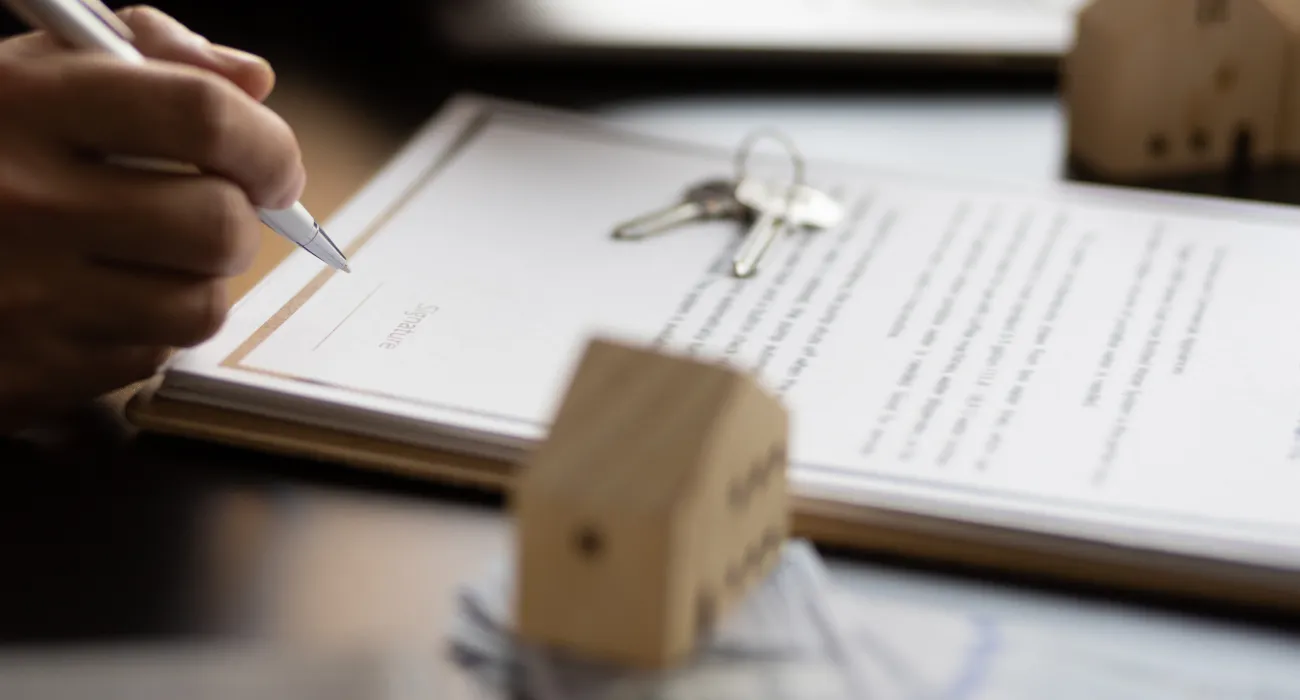Being asked to be the executor of someone's estate can be both a great honor
and a huge burden. When a person dies,
there are generally assets that are left to that person's heirs. And those
assets must be managed and distributed, as well as any debts paid. This is the
role of the executor.
With a probate estate (all assets that do not follow beneficiary or other
direct transfer rules), the court will appoint an executor. The term executor
or its feminine form executrix, can also be termed in the neutral form personal
representative in some states. If there is a Will, the court will generally
appoint whoever is listed as the executor in the Will. The court can overrule
the Will if there is a good cause to do so. For those with no Will, each
state's law will vary, but usually gives priority to family members, such as a
surviving spouse or adult child.
In some instances, there may not be enough assets to justify going through
probate. The heirs of small estates may be able to distribute the assets
without the court having to appoint an executor.
Executors are entitled to take a fee for their work. They do not have to
charge a fee, but if they do, the guidelines for the amount differ from state
to state.
The first task of the executor is to gather a list of all probate assets
that will need to be distributed. If the
deceased individual had a financial advisor or tax advisor, they should be able
to help identify the assets that will need to be dealt with. Since the process
may take several months, the executor needs to make sure the assets are managed
in a way that preserves the value. Stocks will most likely need to be
transferred into a new Estate account so the estate can manage and distribute
them.
One of the most difficult assets the executor will have to deal with is any
real estate that the deceased owned. Unless specifically detailed in the Will
that the real estate is to go to a specific individual or organization, then
the property might have to be put up for sale. This can take a lot of time and
work on the executor, as they will need to dispose of all internal possessions,
clean up and repair the house and engage with a real estate professional to get
the house sold. If the house still has debt on it, that mortgage will need to
be paid.
And speaking of debt. The myth that the executor will have to pay the
deceased's bills with his own money is false. All debts (mortgages, car loans,
medical bills, funeral expenses) will need to be paid by the estate before
assets can be distributed.
It is also important for the executor to understand that a tax return will
still need to be filed. Both a final personal return and possible an estate tax
return will need to be filed, so consult with a tax advisor to make sure you
are following the rules.
As I said at the beginning, this can be a great honor. But as the executor, you will have to deal with family members that might feel they are owed more than what is listed in the Will. Or that the 'Grandma promised me that diamond ring'. Before you accept the duty of executor, make sure you are not putting yourself in a position that will harm future personal relationships. Remember the court can always appoint a third party to manage the estate and serve as the executor.
If you would like to receive more information on making smart money moves for your future, be sure to contact us today!





